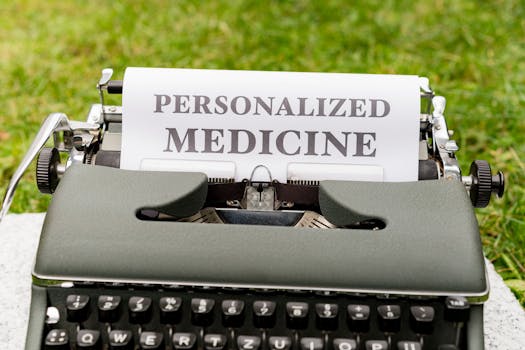
Introduction

The role of genetics in human health and disease has become increasingly evident in recent years, as advances in genetic research shed light on the complexities of hereditary conditions and their impact on overall health. Genetics, the study of genes and their effects, plays a crucial role in determining an individual’s susceptibility to various diseases, as well as their response to treatments.
Understanding Genetics

Genetics is the branch of biology that deals with heredity and variation in organisms. It involves the study of genes, which are the basic units of heredity, and how they influence traits and characteristics. Human genetics encompasses a wide range of topics, including the structure and function of genes, genetic variation, and the mechanisms of inheritance.
Types of Genetic Disorders
Genetic disorders can be classified into several categories, including:
- Single-gene disorders: These are caused by mutations in a single gene, such as cystic fibrosis and sickle cell anemia.
- Chromosomal disorders: These arise from abnormalities in chromosome number or structure, like Down syndrome.
- Multifactorial disorders: These involve multiple genes and environmental factors, such as heart disease and diabetes.
Genetics and Disease Risk

Understanding the genetic basis of diseases can help identify individuals who are at risk. Genetic testing can reveal mutations that predispose individuals to certain conditions, allowing for early intervention and preventive measures. For example, BRCA1 and BRCA2 mutations significantly increase the risk of breast and ovarian cancer, leading many individuals to consider proactive measures, such as increased surveillance or preventive surgery.
Hereditary Conditions
Hereditary conditions are passed down from parents to offspring through genes. These conditions can manifest at birth or develop later in life. Genetic counseling is crucial for families with a history of hereditary diseases, as it provides information on risks and the implications of genetic testing.
Personalized Medicine

One of the most promising applications of genetics in healthcare is personalized medicine. By analyzing an individual’s genetic makeup, healthcare providers can tailor treatments to the specific genetic profile of a patient. This approach is particularly beneficial in oncology, where targeted therapies can be developed based on the genetic characteristics of a tumor.
The Future of Genetic Research
As technology continues to advance, the field of genetics will likely evolve significantly. The potential for gene editing technologies, such as CRISPR, could revolutionize the treatment of genetic disorders, offering hope for cures where none currently exist. Ethical considerations will also play a critical role in the future of genetic research, especially concerning gene editing and designer babies.
Conclusion

In conclusion, the role of genetics in human health and disease is profound and complex. As research continues to uncover the intricacies of our genetic makeup, the potential for improved health outcomes through early detection, prevention, and personalized treatment becomes increasingly attainable. Understanding genetics is essential for navigating the future of healthcare and maximizing the potential of genetic advancements.





